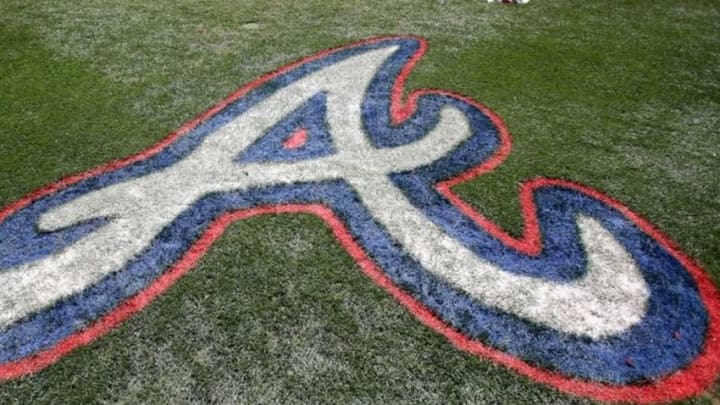
After the Atlanta Braves’ trade of Mallex Smith and Shae Simmons to Seattle, they acquired a player that entered the top 10. Who was it, and where does he rank?
An Introduction
Our minor league top 10 series is coordinated by Benjamin Chase, one of our contributors at Call to the Pen.
He has pored over thousands of minor league games over the course of the year via milb.tv along with speaking with a number of team and independent scouts. These lists are based out of those conversations.
Each system will have prospects from 10 to 1, and then finish with one newcomer to the system that is worth keeping an eye on that is not in the top 10 at this time.
Conversations are certainly encouraged in the comments section on each system as we go along!
the Braves could legitimately have more than 10 guys on industry top 100 lists
Braves System Review
The Atlanta Braves started a rebuilding project after the 2014 season, beginning with the firing with GM Frank Wren and hiring GM John Coppolella. Since then, the Braves have suffered through two rough seasons at the major league level, but they’ve leveraged their major league assets into many trades that have completely rebuilt their minor league system, a system that had drifted into the bottom 10 in the game after being the fuel behind the 15-year run the Braves had between 1991 and 2005.
Right now, as we look ahead to a December top 100, the Braves could legitimately have more than 10 guys on industry top 100 lists as they begin to filter out this offseason. I’ve started to hammer mine down, and right now there are 13 players from the Braves organization that are being considered. It’s rare that a team places more than 5-6 players on such a list, so for many in the industry to say that their respective sites are each considering double-digit prospects from the Braves organization gives an idea of just the level of talent in the system.
The talent isn’t just in elite-level guys, though. What has been impressive is that the Braves have acquired top-end players while also picking up the sort of guys who will fill out the bullpen, back of the rotation, and bench to help keep costs low at the major league level as the team begins to attempt to compete.
Let’s take a look at the top 10!
Next: #10
